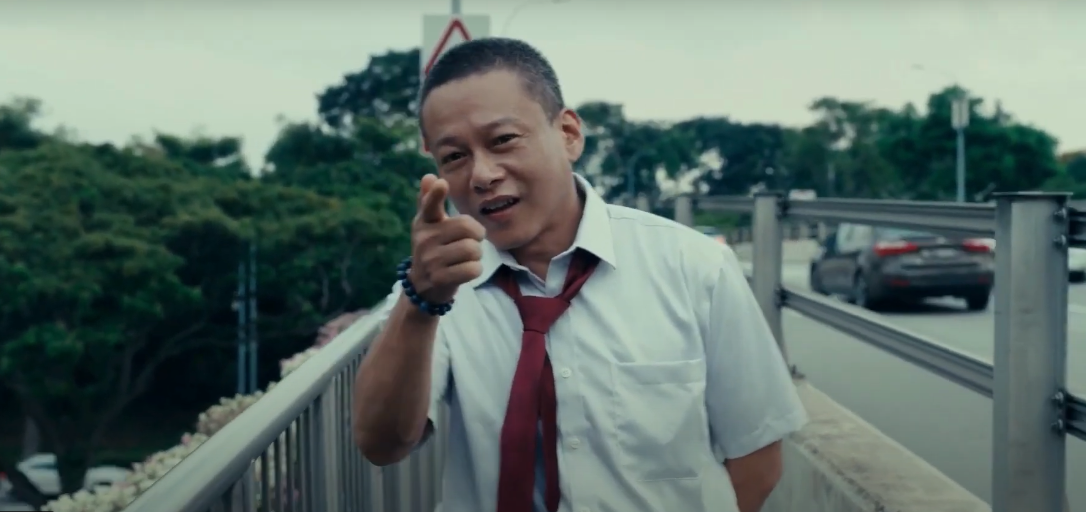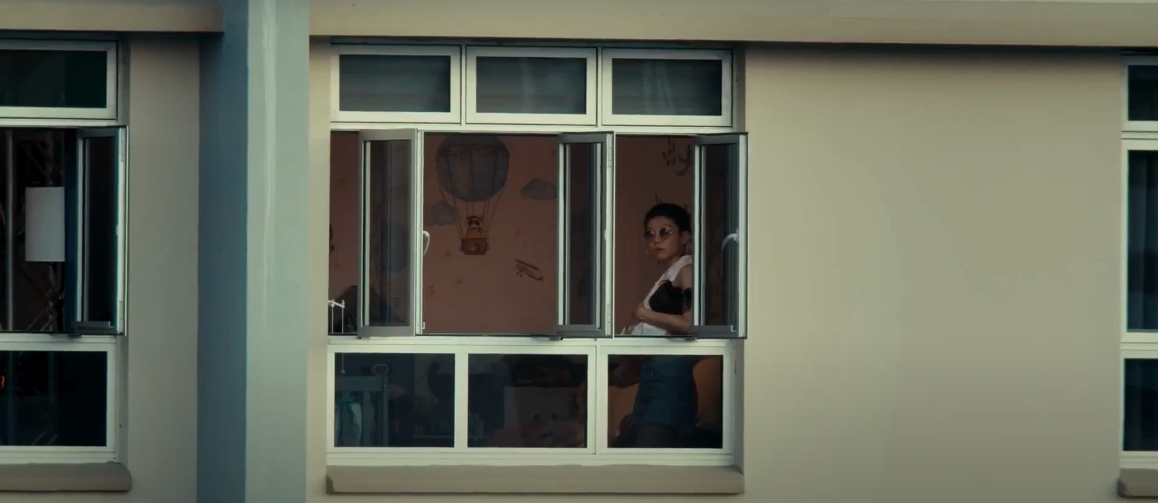Stranger Eyes (默视录), dir. Yeo Siew Hua
Writer/director Yeo Siew Hua's follow-up to his award-winning A Land Imagined examines the inability to escape being watched in Singapore, but he doesn't have anything particularly interesting to say by the time the credits roll.
We meet young parents Junyang and Peiying, whose toddler went missing from their neighbourhood playground three months ago. They begin receiving unlabelled DVDs slipped under the door of their (tastefully furnished) HDB flat, with footage of their family from months earlier in ostensibly happier times, shot by someone who has been stalking them.
Yeo uses the second act of his film to jump into another character's point-of-view as well as backwards in time (a technique he deployed in his previous film A Land Imagined) to explain who is sending these DVDs. This film starts out as Singapore's answer to Michael Haneke's Cache and Christopher Nolan's Following, but Yeo gives us neither the sustained unease and dread of the former, nor the intricate plotting of the latter.

The person responsible for the DVDs is brilliantly played by veteran Taiwanese actor Lee Kang-Sheng, cast perfectly to bring us a sympathetic portrait of a lonely uncle. Cinematographer Hideho Urata does a commendable homage to Hitchcock's Rear Window, panning across several floors of an actual HDB block (from the opposite block) to peer right into the supposedly private lives of nameless strangers. This is, of course, a natural consequence of Singapore's lack of land. Anyone who's stepped into a HDB flat built in the last decade will know this: peering out of the living room window will grant you an obstructed view into someone else's flat.

The central issue of the missing child resolves itself almost too easily, simply because Yeo isn't actually interested in examining how grief and loss impacts a wife and husband. What Yeo wants to look at, is simply that: how we look at each other today, through phone screens and chat bubbles, across artificial light, often without a choice in a crowded city such as Singapore.
The final act of Stranger Eyes is a rather dull 20 minutes. I would have forgiven Yeo if it was cut in half. But it is difficult to read the ending itself as anything but a love letter to surveillance. Where Yeo used Singapore's pervasive CCTVs as a (glaringly obvious) deus ex machina to resolve the narrative problem of the missing toddler, he now explicitly fashions it as a loving impulse of absentee fathers to gaze on their estranged daughters from afar. I was actually upset that I had to sit through the film's ploddingly interminable last act, only to be served this half-baked apology for mass surveillance.
Yeo's last film A Land Imagined started out as a noir set on a Singapore land reclamation site, but copped out to dream logic at the end. Here, with Stranger Eyes, the Hitchcockian set-up at the start fizzles out into an unremarkable psuedo-thriller. While Yeo Siew Hua's ambition and technical accomplishment are no longer in doubt, his ability to sculpt his high-concept cross-genre ideas into something deeper and resonant remains to be seen.
Member discussion